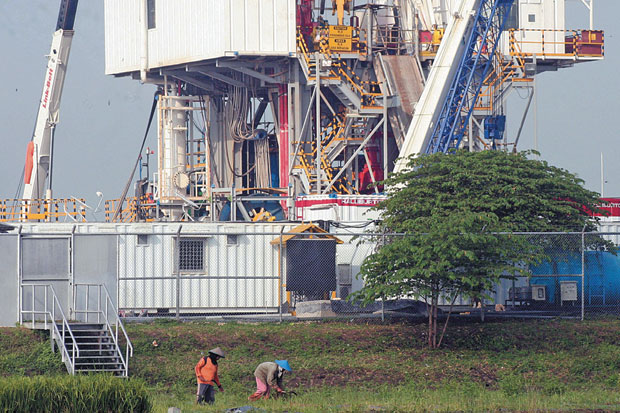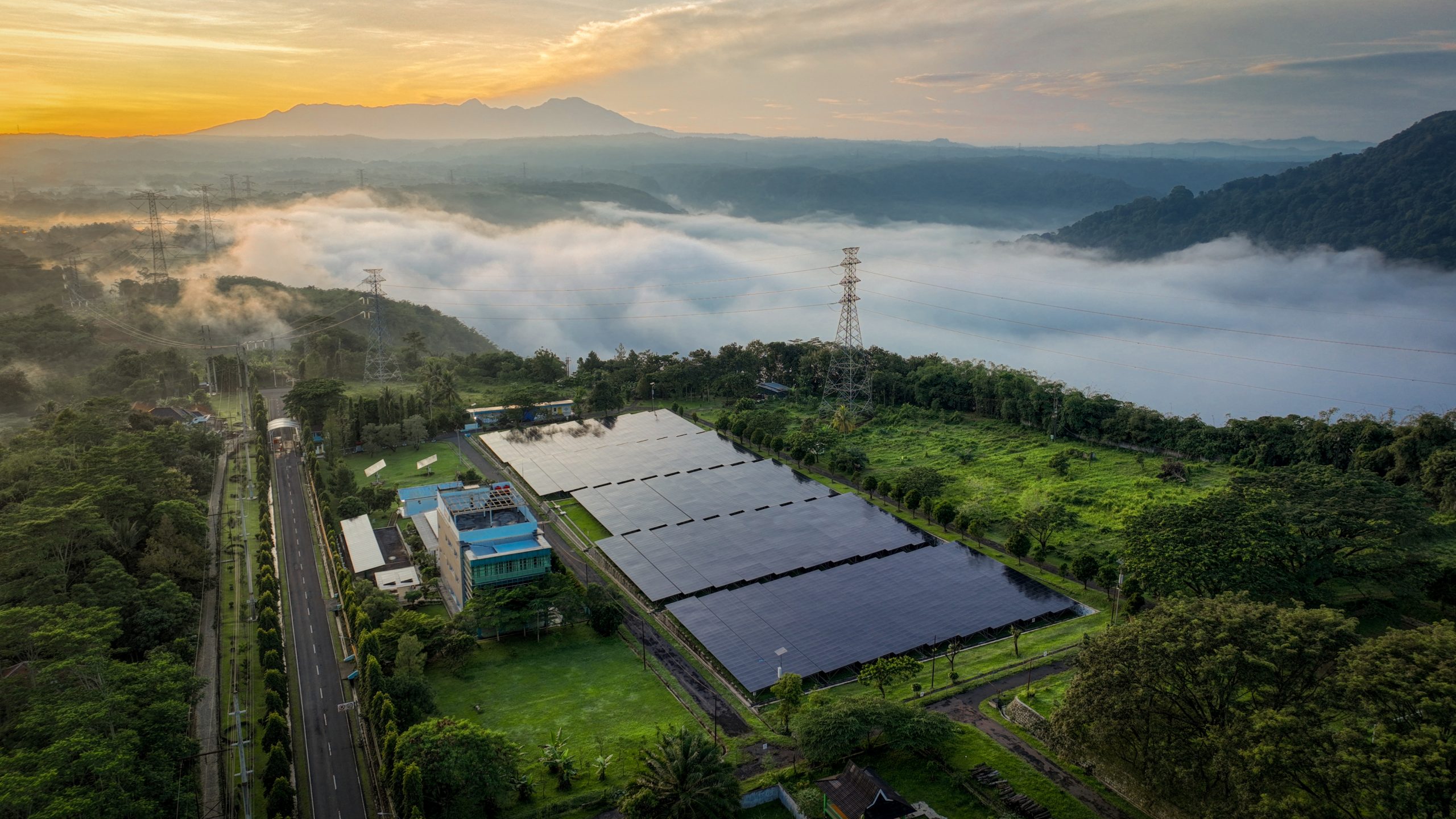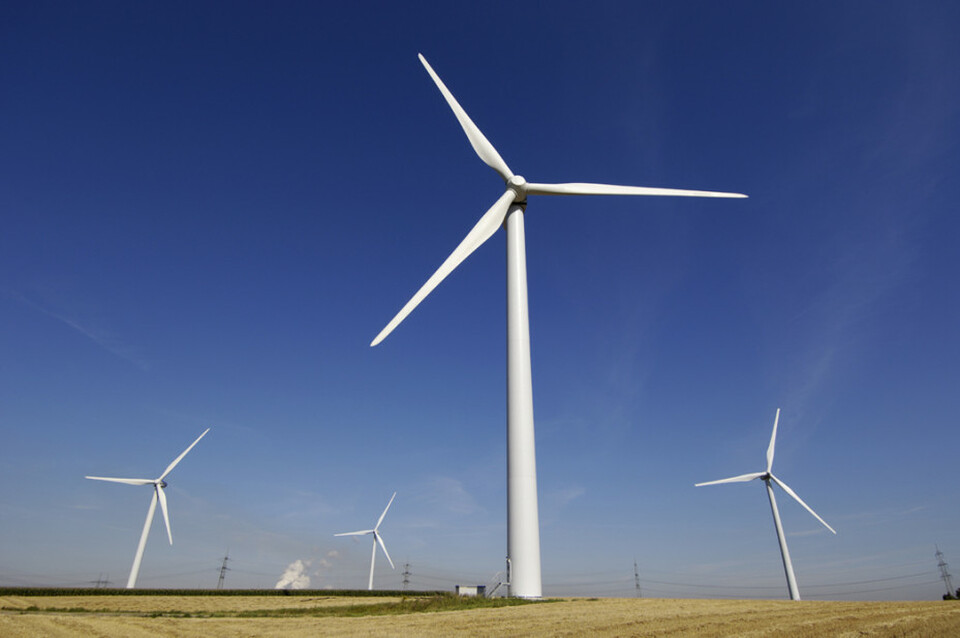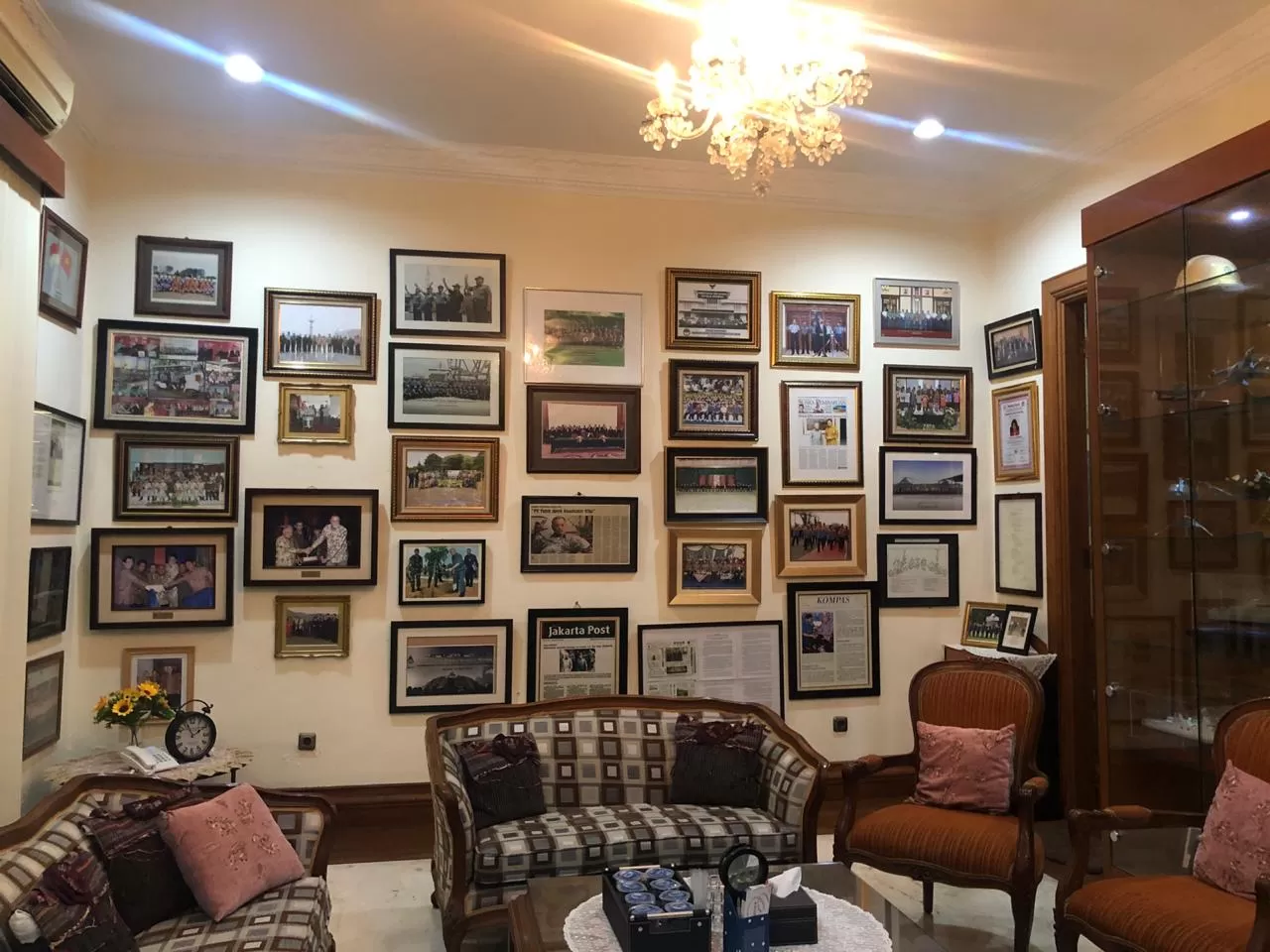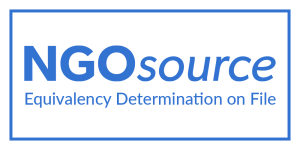Figure 1. The panel session of the second PYC-ERIA Focus Group Discussion offered broad perspectives on energy issues in the manufacturing industry from respected speakers
On October 31, 2018, Purnomo Yusgiantoro Center (PYC) and Economic Research Institute for ASEAN and East Asia (ERIA) held the second Focus Group Discussion (FGD) to energy issues in the manufacturing industry sector. The focus of the discussion is to review several policies on the manufacturing industry, mainly related to the electricity and natural gas provisions. The discussion aimed to introduce a policy recommendation to address the energy issues in the manufacturing industry.
The discussion, led by Mr. Luluk Sumiarso as the moderator, covered a review of various policy implementations, both by Indonesia and other countries. The discussion also addressed the legal implication of the proposed policy whether it constitutionally contradicts with other regulations. Also, it assessed the fiscal and financial impacts of the proposed policy as well as, if any, required an institutional change to ensure smooth and easy coordination. Finally, it also discussed an essential implication-handling strategy to implement the proposed policy successfully.
The FGD started with PYC’s presentation giving an overview of electricity and natural gas issues and policies which imply manufacturing industry sector. The presentation also provided some alternative policy practices from other countries. The presentation was then followed by insight sharing from respected experts in the sector. Mr. Rahmat Sudibyo, the former Director General of Oil and Gas of the Ministry of Energy and Mineral Resource (MEMR), addressed the recent issue of Oil and Gas Holding Company as a solution of the stall of gas infrastructure development. He highlighted that the high natural gas price could be affected by two aspects, upstream gas price and downstream gas price. He promoted tax reduction to be one measure to reduce the upstream gas price by lowering the contractor cost. Tax reduction, especially for the gross split scheme, has been regulated in Government Regulation No. 53/2017. Lastly, he mentioned about gas transportation scheme difference between Indonesia’s west and east region. For the west region, integrated pipeline concept is the main system with virtual pipeline system employing mini LNG or mini CNG system as its support. Meanwhile, virtual pipeline concept is preferred for the base in east region with the locally clustered scheme as the support.
Talking on electricity aspects, Mr. Jarman Sudimo, the Former Director General of Electricity of the MEMR (KESDM), argued that the main concern for the industry is a competitive electricity price as it will affect the industry investment decision. He added that lower electricity price would subsequently attract the investment. He also explained that Malaysia gives a good example by separating the system operator and national electricity company. Malaysia’s system operator is now under Suruhanjaya/Energy Commission which makes the day-to-day operation is under control of Suruhanjaya. On the contrary, Center for Electricity Control (Penyaluran dan Pusat Pengaturan Beban, P3B), Indonesia’s system operator, is under PT. PLN, a national electricity company which potentially results in a conflict of interest issue. He argued that the issues could be avoided by putting the P3B under different regulator, instead of PT. PLN. This strategy may accommodate the cheaper excess power from a private generator and broader utilization of cogeneration in industry. He also pushed for Power Wheeling tariff calculation should be finished soon as it will be the enabler of green production in industry.
From an industry perspective, Mr. Rauf Purnama, the Head of the Committee of Chemical and Petrochemical of the Chamber of Commerce (Kadin), explained that government has the responsibility met the industry energy demand as the growth of country’s economy depends on its industrial growth. The growth of industrial sector brings revenue, job, and foreign exchange. For the industrial sector, the main focus of energy provision is to the intermediate and downstream industry, especially for electricity. Meanwhile, the upstream industry can afford to build its power generation due to its massive investment scale. Moreover, he emphasized that clean energy should be put forward in developing the future of Indonesia’s energy. Applications of Integration Gasification Combined Cycle (IGCC) and Dimethyl Ether (DME) technology need to be encouraged. He added that IGCC technology could reduce the sulphuric substance of the coal to make its cleaner utilization. The coal gasification is one cleaner solution to utilize Indonesia’s coal abundant resource. Finally, he highlighted clean utilization should be broadly applied in all energy source, namely coal, gas, and oil.
